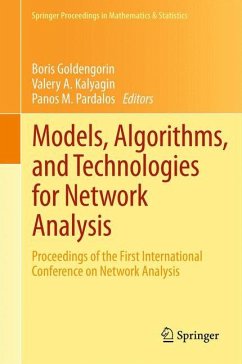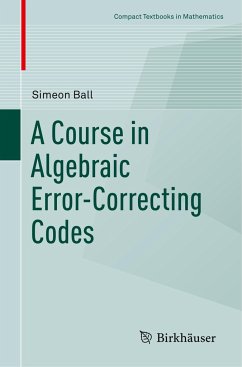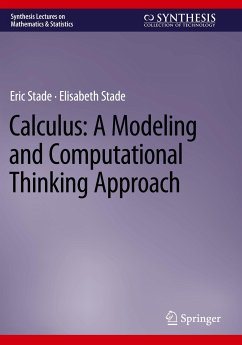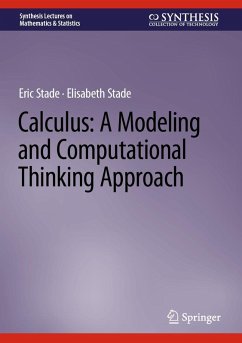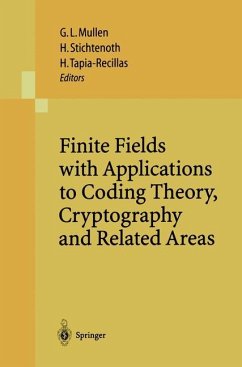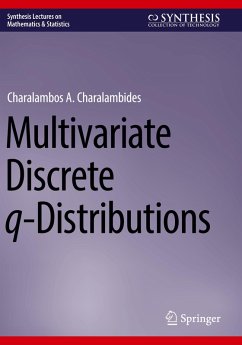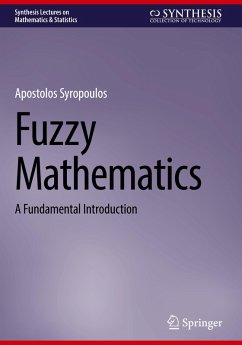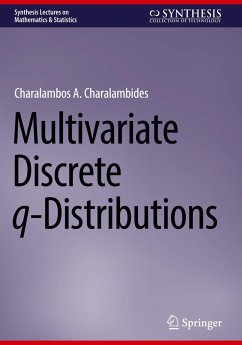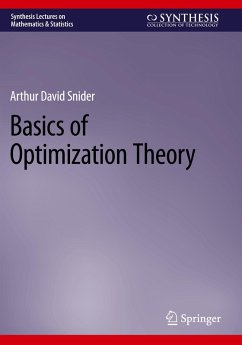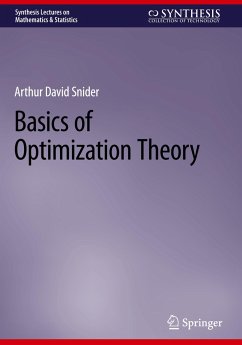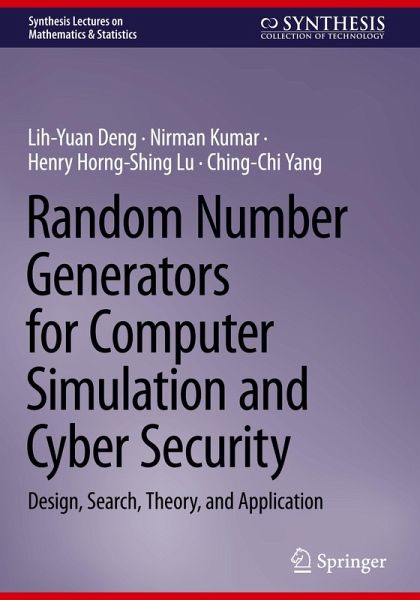
Random Number Generators for Computer Simulation and Cyber Security
Design, Search, Theory, and Application

PAYBACK Punkte
16 °P sammeln!
This book discusses the theory and practice of random number generators that are useful for computer simulation and computer security applications. Random numbers are ubiquitous in computation. They are used in randomized algorithms to perform sampling or choose randomly initialized parameters or perform Markov Chain Monte Carlo (MCMC). They are also used in computer security applications for various purposes such as cryptographic nuances or in authenticators. In practice, the random numbers used by any of these applications are from a pseudo-random sequence. These pseudo-random sequences are ...
This book discusses the theory and practice of random number generators that are useful for computer simulation and computer security applications. Random numbers are ubiquitous in computation. They are used in randomized algorithms to perform sampling or choose randomly initialized parameters or perform Markov Chain Monte Carlo (MCMC). They are also used in computer security applications for various purposes such as cryptographic nuances or in authenticators. In practice, the random numbers used by any of these applications are from a pseudo-random sequence. These pseudo-random sequences are generated by RNGs (random number generators). This book discusses the theory underlying such RNGs, which are used by all programmers. However, few try to understand the theory behind them. This topic is an active area of research, particularly when the generators are used for cryptographic applications. The authors introduce readers to RNGs, how they are judged for quality, the mathematical and statistical theory behind them, as well as provide details on how these can be implemented in any programming language. The book discusses non-linear transformations that use classical linear generators for cryptographic applications and how to optimize to make such generators more efficient. In addition, the book provides up-to-date research on RNGs including a modern class of efficient RNGs and shows how to search for new RNGs with good quality and how to parallelize these RNGs.





